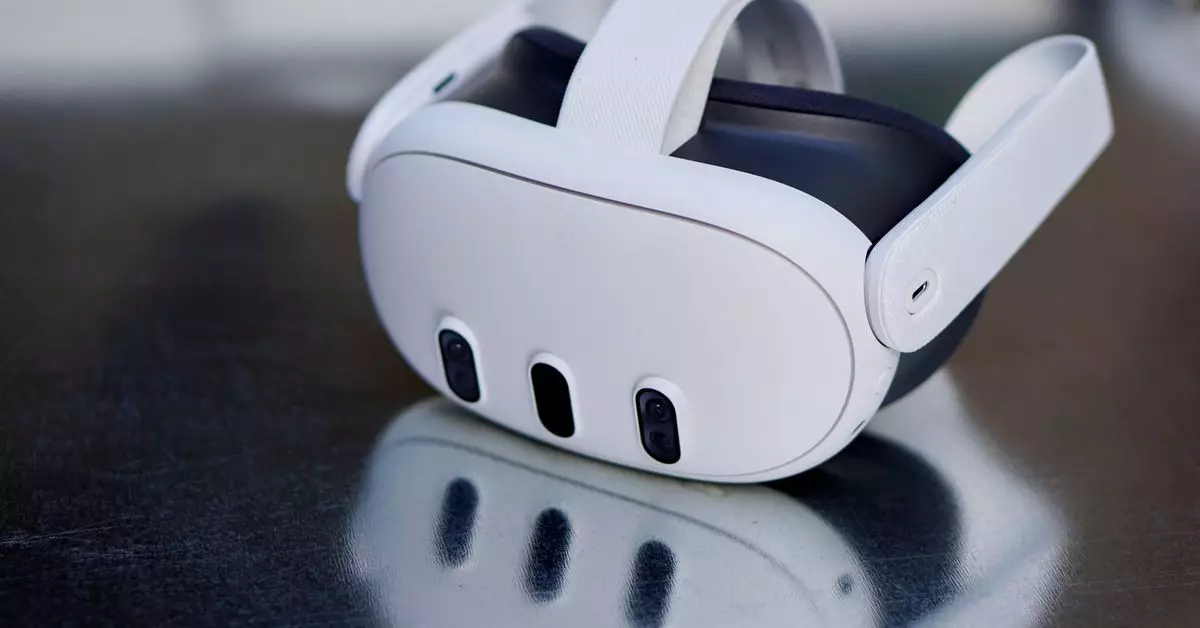Meta, previously known as Facebook, has decided to pull the plug on its plans to develop a high-end mixed reality headset to rival Apple’s Vision Pro. The project, codenamed La Jolla, was set to launch in 2027 but has now been scrapped. This decision came after Meta started developing the headset in November but instructed employees to halt work on it recently. One of the reasons for this sudden change was the cost associated with using pricey MicroOLED displays in the La Jolla headset. This move indicates a change in Meta’s stance towards premium VR products.
The goal was to keep the cost of the La Jolla headset under $1,000, but with the high expenses involved in producing MicroOLED displays, this became increasingly difficult. Furthermore, Meta’s existing high-end offering, the $3,500 Vision Pro, failed to gain significant traction among consumers and developers. The lukewarm reception of the Quest Pro, priced at $1,499, also contributed to doubts about the demand for a premium competitor in the market.
Despite the cancellation of the La Jolla project, Meta’s Chief Technology Officer, Andrew Bosworth, downplayed the decision. He mentioned that the company constantly works on numerous prototypes, with only a fraction making it to production. Bosworth emphasized that decisions like these are common in the tech industry and should not be overanalyzed based on individual instances. Additionally, Meta affirmed its continued commitment to developing more headsets and mixed reality technology in the coming years.
Although the La Jolla project may have been scrapped, Meta is not abandoning its VR and AR ambitions. Reports suggest that a more affordable Quest headset, known as Ventura, could be released later this year. Furthermore, Meta is expected to showcase new AR glasses at the upcoming Meta Connect event, indicating a shift towards augmented reality technology. Rumors also hint at the launch of the Quest 4 in 2026, with both standard and premium versions in the pipeline.
The cancellation of the La Jolla project highlights the challenges faced by Meta in the competitive VR market. Despite this setback, the company remains dedicated to innovating and introducing new products to establish its presence in the rapidly evolving realm of mixed reality technology.


Leave a Reply